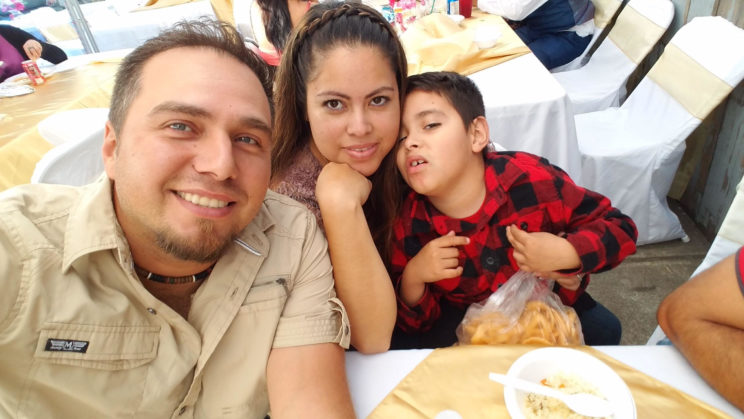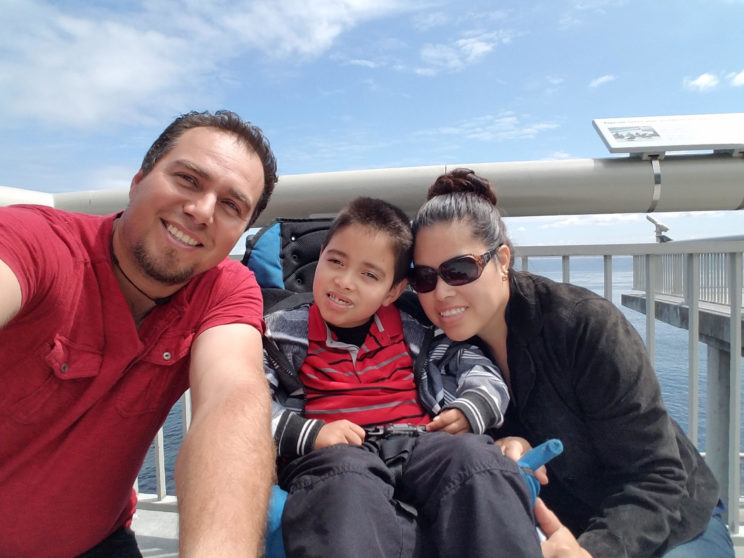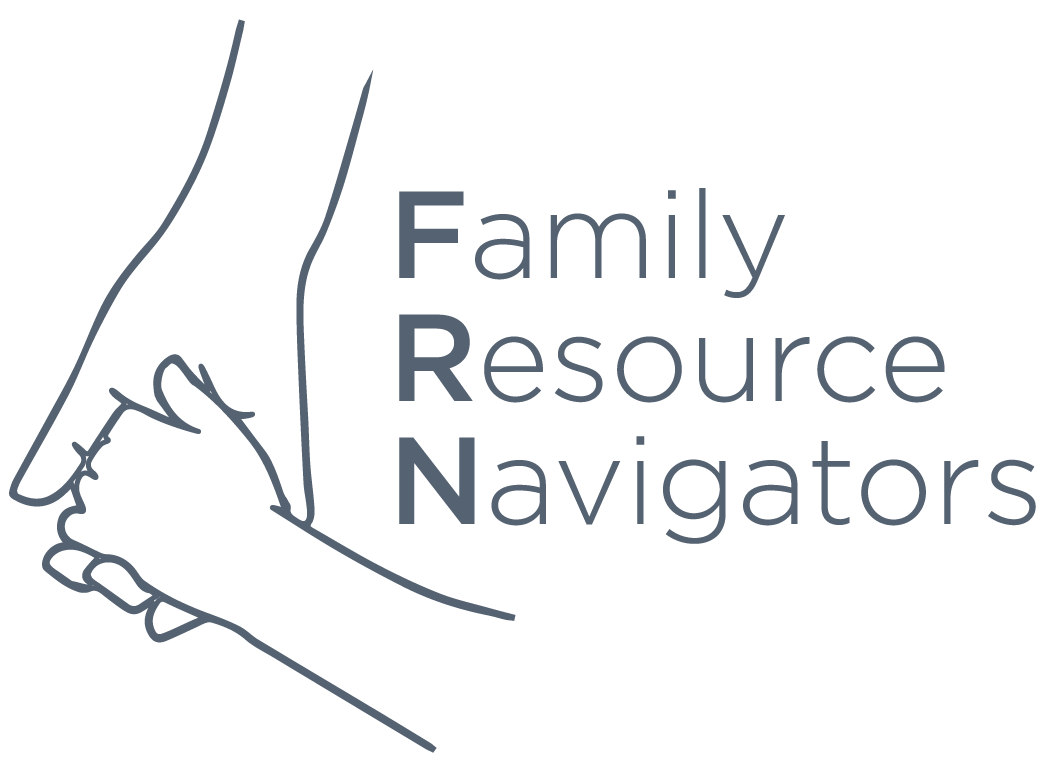When I noticed my infant son, Marvin, wasn’t developing as expected, I was worried and anxious. My son couldn’t tolerate sounds, in fact, he couldn’t drink from a bottle and it was hard for him to eat. His body was often very stiff. My son was not like other babies. I knew that something wasn’t right, and I was determined to get help. I reached out to doctors and various agencies. At the time, I spoke very little English, which made advocating for him are much more challenging.
I mostly received kind assurances that Marvin was fine, just had some delays because he was premature and that I should just wait and see.
But I knew I couldn’t stop. I kept asking questions like: “It is normal that a small baby cannot hold anything with his hands? Why my son does not tolerate lying on his stomach? Why can’t he sit, crawl and roll? Is it normal that my son cries a lot?"

I finally asked a home visiting nurse who validated my suspicions. I told her that I knew that my son was not developing normally and asked her if he had cerebral palsy. She was surprised and she began to review the reports of a hospital specialist and she was the one who finally confirmed my suspicions. At that moment I felt so much pain. I was hoping to have been wrong.
She looked at me and hugged me and was so surprised that no one had told me: my son had already been diagnosed with Cerebral Palsy. No one had told me.
No one had told me in medical appointments that specialists said that my son was not developing well. At the time, my son did not qualify for Regional Center support, but they never sat down and explained to me what was happening.
Around the same time, I signed up for a free Spanish-speaking early intervention series offered by Family Resource Navigators. Staff at FRN were perplexed that my son was not getting the help he needed; and they immediately helped me access the appropriate services. I felt understood at FRN because many of the staff there had gone through similar experiences. Their understanding and assurances eased my concerns and gave me hope.
Many families need more than just connecting to services, they need someone who listens to them and understands what they are going through.
So I started volunteering with FRN. I took a year-long course on special education advocacy and graduated from “Project Leadership,” an intensive training focused on learning how to advocate for systemic changes at the local, county, and state level. I joined the Family Advisory Committee for “Help Me Grow,” where I served for nearly five years.
FRN provided my son and my whole family the help and support we needed to thrive. That’s why in 2017, I accepted a position at FRN as a CCS Family Navigator working directly with Spanish-speaking families whose children have complex medical needs. FRN employees, many of whom have children with special needs, have work-hour flexibility that their children require. For me, it has made working and raising my son possible.
I am inspired to help other parents overcome the barriers I faced, improve the lives of their families, and become leaders in their communities.

- MARTHA SOLIS
Martha was a volunteer for a long time at FRN before being asked to join staff. She loves learning new things, and then sharing them with the community so that parents can help their children. Martha is a Family Resource Navigator at FRN.
